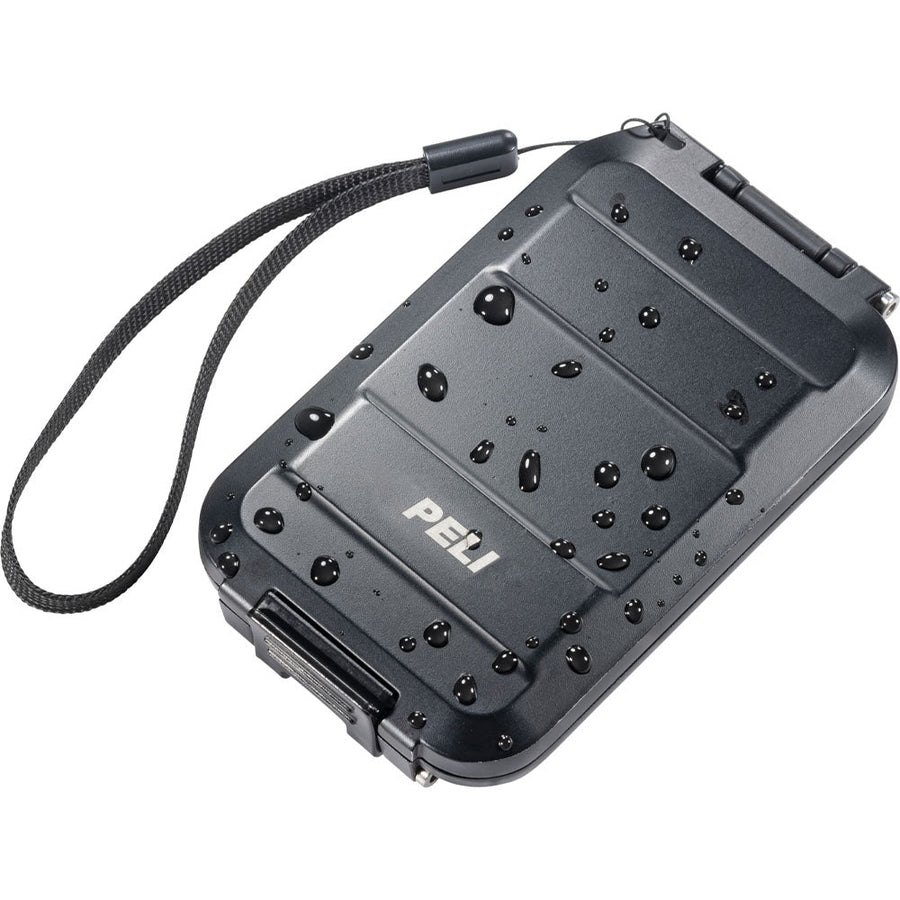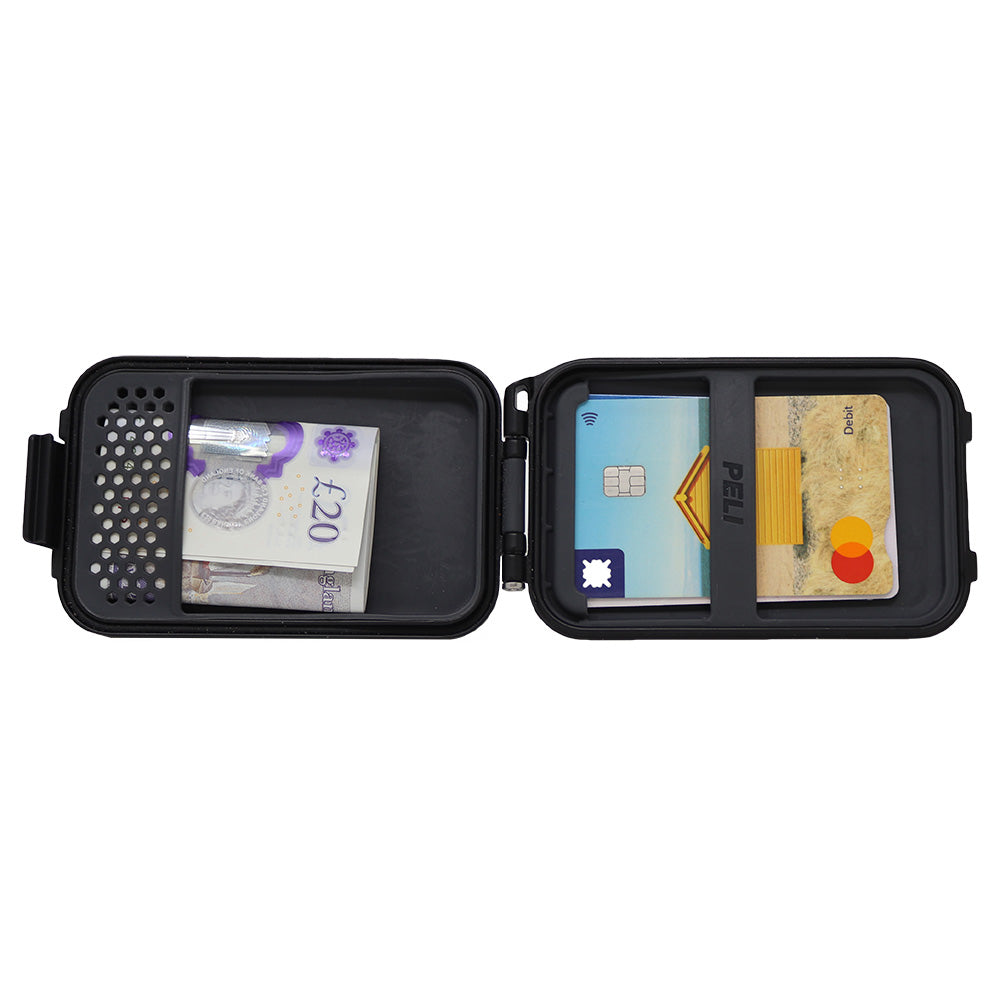An interview with Adrian Dennis, Sports Photographer
Adrian Dennis is one of the top sports photographers, travelling the world to capture the world's most talented sportsmen and women. Working within the London bureau for Agence France-Presse, Adrian brings over 10 years of experience in the sports photography field. During his career, he has captured some amazing sporting events, including the London 2012 Olympic and Paralympic games.
It was following his work at the Olympics that Adrian was awarded the prestigious Sports Photographer of the Year award by the Sports Journalists' Association.
Interviewing Adrian, we discovered just how important it is for sports photographers to know both their sport and their camera equipment inside out, as this can help capture the most exciting shots. We discovered what spurred Adrian to pursue a career in sports photography and some of his amazing career highlights.
A true professional in the sports photography niche, Adrian explains to us in more detail about his journey to the top and offers some sage advice to budding photographers looking to specialise in sports photography.
Tell us a little bit about yourself and the work that you do
I work for Agence France-Presse (AFP), an international wire agency based in the London bureau. Typically my work covers news, sport and features in both the UK and Ireland.
For the last 10 years, I have specialised in sports photography and, depending on the time of year, I could be covering football, rugby, tennis, horse racing or athletics.
Occasionally, I will travel further afield to "big" sporting events such as an Olympic Games, World Athletics, cricket and football World Cup tournaments.
One of my proudest moments followed the London 2012 Olympic and Paralympic Games, where I was awarded "Sports Photographer of the Year" by the Sports Journalists' Association. Luckily for me, I managed to win the award again in 2014.
After discovering my passion for photography, I started my career at a local newspaper, where I grew up before heading off to the USA to study journalism. While there, I worked at several newspapers before heading back to London to knock on Picture Editors' doors with my portfolio in hand.
During the late 90s, I managed to find work at a variety of places including The Independent on Sunday, The Associated Press and AFP, where I was subsequently hired and became a staff photographer in 2000.
Nowadays, most of my work is shot "live", which involves sending pictures directly from the camera via an ethernet cable or WiFi connection, directly to an editor who crops and captions my images and then validates them to clients worldwide within minutes of me shooting them.
Why did you choose to become a photographer?
I chose to become a photographer because I thought the lifestyle looked glamorous, exciting and unpredictable. At the time, I was serving an engineering apprenticeship in a factory when I soon realised a nine-to-five job wasn't for me!
What drew you to focus on sports photography as your niche?
For me, I'm highly competitive. I love seeing my photograph in the newspapers. Generally, to get published you have to make a nice photo or capture the decisive moment every time you go to work.
You need to perform better than the photographer sitting next to you - I think it's quite similar to actually competing on the field.

What equipment do you typically take with you on a shoot?
Depending on what sport or event I have been assigned, I would generally take 2 or 3 Canon EOS 1DX Mark II cameras, followed by my two favourite lenses: a 70-200mm f2.8 and a 400mm f2.8.
For some sports, I may use Pocket Wizards to trigger a remote camera along with a wide-angle lens (behind a goal or finish line at a horse race).
If you’re thinking about what to add to your own camera kit, make sure to take a look at our waterproof memory card cases. They can help you to keep your quality photography safe from harm.
To you, what key components make the perfect sports photography shot?
For me, the first thing that impresses me is when the photograph captures a precise moment and ideally the winning moment.
Then, if the photograph is technically correct:
- Sharp and in focus
- The background is "clean"
- There aren't any other distractions compromising the subject of the photo
What words of wisdom would you give to budding photographers looking to focus on sports photography?
Become really familiar with your equipment, there’s no time to adjust settings. Sports photography can move very fast! Moments come and go in the blink of an eye, mostly never to be repeated.
Get used to concentrating for long spells, the moment can happen at any time. And like all genres of photography, think about composition and envision what your photo could look like when all the elements come together.
Why should budding photographers choose a career in sports photography?
It can be exciting! If you're a sports fan going to photograph world-class players or athletes competing while being paid, it’s an absolute privilege.
What are the pitfalls of a career in sports photography?
The pitfalls can be that the hours are super long and unsociable. For example, a typical day at an Olympic Games is between 12-16 hours for 20-odd days in a row.
A lot of the time, we work outdoors in extreme temperatures and carry quite a bit of heavy, expensive equipment.
Don’t forget that sporting events often take place over the weekend, when your mates are out enjoying themselves down the pub!
Who are your biggest inspirations within sports photography?
Like a lot of photographers of my era, when I was beginning to cut my teeth in photojournalism I was inspired by Chris Smith of The Sunday Times, who had a fantastic eye and shot beautiful creative pictures.
I spent many a lunch break away from my factory job, browsing the shelves in W.H. Smith and looking at the "Visions of Sport" books, which featured the work of the photographers at Allsport.
At the time, I was influenced by Steve and Mike Powell. Their work from the US made me think it was possible to cross the pond and make a go of it in the good ol’ US of A.

Describe some of your favourite sports photography shots - what makes them so special to you?
Funnily enough, photographers quite often get asked about their "favourite photo". I suppose the obvious answer for me is a picture I shot during the cross-country equestrian at The London Olympic Games. It was by chance that I stumbled across the scene at the right time of the day. I managed to take a photo looking directly down on a rider, where the shadow of the horse and spectators stretches across the floor.
The fact the photo was hard to do and I only had one or two bites of the cherry before the light disappeared, makes the image stand out for me. That and the fact that no one else had the picture made it special.
The picture went on to win several awards, including Photograph of the Year by the British Press Photographers' Association, a first for a sports photograph.
Quite often my favourite photo of the moment is one shot that is unlike that of my peers. Sometimes I'll gamble with a slow shutter speed or weird composition. Other people think I'm mad, but I enjoy the challenge of producing something different from other photographers sitting or working beside me.
At a big football match or athletics meeting, there can literally be several hundred photographers looking at the same subject. It's about making your work just that little bit better or different from the crowd!
What are the biggest challenges that sports photographers face?
The expense of buying the equipment needed to work and compete against your peers. Add to that, that fact that the photographic industry, particularly press photography, is suffering as a whole regarding shrinking budgets and low pay.
We’d like to say thanks to Adrian for taking the time to chat to us about sports photography.
If you’re looking for a way to keep your camera equipment damage free when travelling, a protective camera case from Peli is ideal for keeping everything together, securely!






Leave a comment